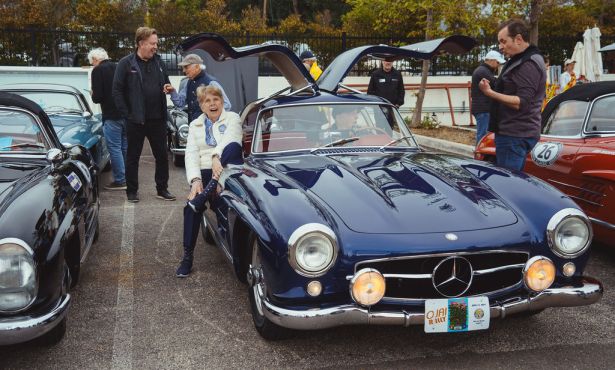UCSB Scientists Unearth New Fossil Findings
Study Suggests Alternative Reasons for Early Life Die-Off
UCSB scientists have discovered fossil findings that challenge widespread beliefs for the mass die-off of early life on Earth and reveal new information about the effects of “Snowball Earth” glaciations.
According to an article published in the June issue of the journal Nature Geoscience, researchers arrived at their findings after having analyzed microfossils in rocks at a location called the Chuar Group in the bottom of the Grand Canyon.
The term “Snowball Earth” describes the time period between 726 million and 635 million years ago in which glaciations occurred, entombing the planet in ice. It is generally believed that these glaciations are associated with a drop in fossil diversity, explaining the substantial die-off during this time. However, UCSB assistant professor of earth science Susannah Porter and the other authors of the study found evidence suggesting an alternative reason: They believe that this drop in fossil diversity occurred approximately 16 million years or more before the glaciations.
The scientists found bacterial blooms in the higher strata of the rocks of the Chuar Group instead of organic-walled fossils or acritarchs, which typically dominate the fossil records of that time period. These bacterial blooms serve as evidence that there was an increase in nutrients in the surface waters, also known as eutrophication. Today, this process occurs in coastal areas that receive runoff from fertilizers.
According to a press release, Porter explained that the absence of the acritarchs were due to “one or a few species of phytoplankton [monopolizing] nutrients at the expense of others.” Because of the high carbon content in the upper Chuar Group, it could be assumed that oxygen levels in the water were depleted and resulted in “dead zones.”
Other co-authors of the study include former UCSB graduate student Robin Nagy, Carol M. Dehler of Utah State University, and Yanan Shen of the University of Quebec.



